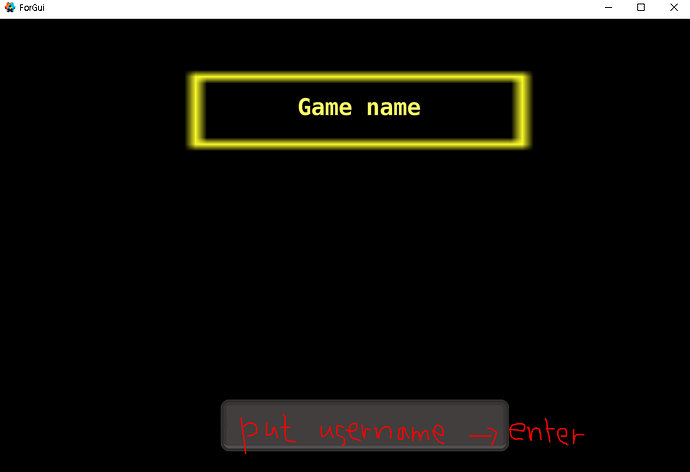
To change this, enter a full directory path name in the autosave filename field. By default, the files are saved in the same folder as your project files with the extension.
autosave comp filename - to define where and under what name Nuke saves your automatic back-up files. force comp autosave after - to define how long (in seconds) Nuke waits before performing an automatic back-up regardless of whether the system is idle. idle comp autosave after - to define how long (in seconds) Nuke waits before performing an automatic back-up after you have left the system idle. To Define Autosave Options for a Script 1. You can define where and how often Nuke makes automatic back-ups your files, or turn off the autosave function.Īrticle:See Knowledge Base article Q100158 for more information on incremental autosaves. 
This only works when the file name includes a number that can be incremented. Selecting File > Save New Comp Version saves the current version of your script and increments its name (that is, saves the different versions under different names using _v01, _v02, _v03, and so on, in the end of file names).

Tip:The _v01 string in the end of a script name allows you to use the Save New Comp Version feature. In the field in the bottom of the dialog, enter a name for the script after the folder path, for example firstscript_v01.nk. For instructions on using the file browser, see Using the File Browser. To Save a Script 1.īrowse to the directory where you want to store the script.

To save and upgrade to the next version, File > Save New Comp Version (or press Alt+ Shift+ S).
 To update changes to a script already saved, File > Save Comp (or press Ctrl/ Cmd+ S). To save a new script, select File > Save Comp as (or press Shift+ Ctrl/ Cmd+ S). There's also an automatic timed backup, which you can turn off if you're feeling brave - but we sure don't recommend it. Nuke provides three ways to save your scripts, or comps, making it easy to version them. You know the mantra: save and save often.
To update changes to a script already saved, File > Save Comp (or press Ctrl/ Cmd+ S). To save a new script, select File > Save Comp as (or press Shift+ Ctrl/ Cmd+ S). There's also an automatic timed backup, which you can turn off if you're feeling brave - but we sure don't recommend it. Nuke provides three ways to save your scripts, or comps, making it easy to version them. You know the mantra: save and save often.








 0 kommentar(er)
0 kommentar(er)
